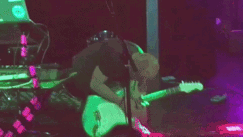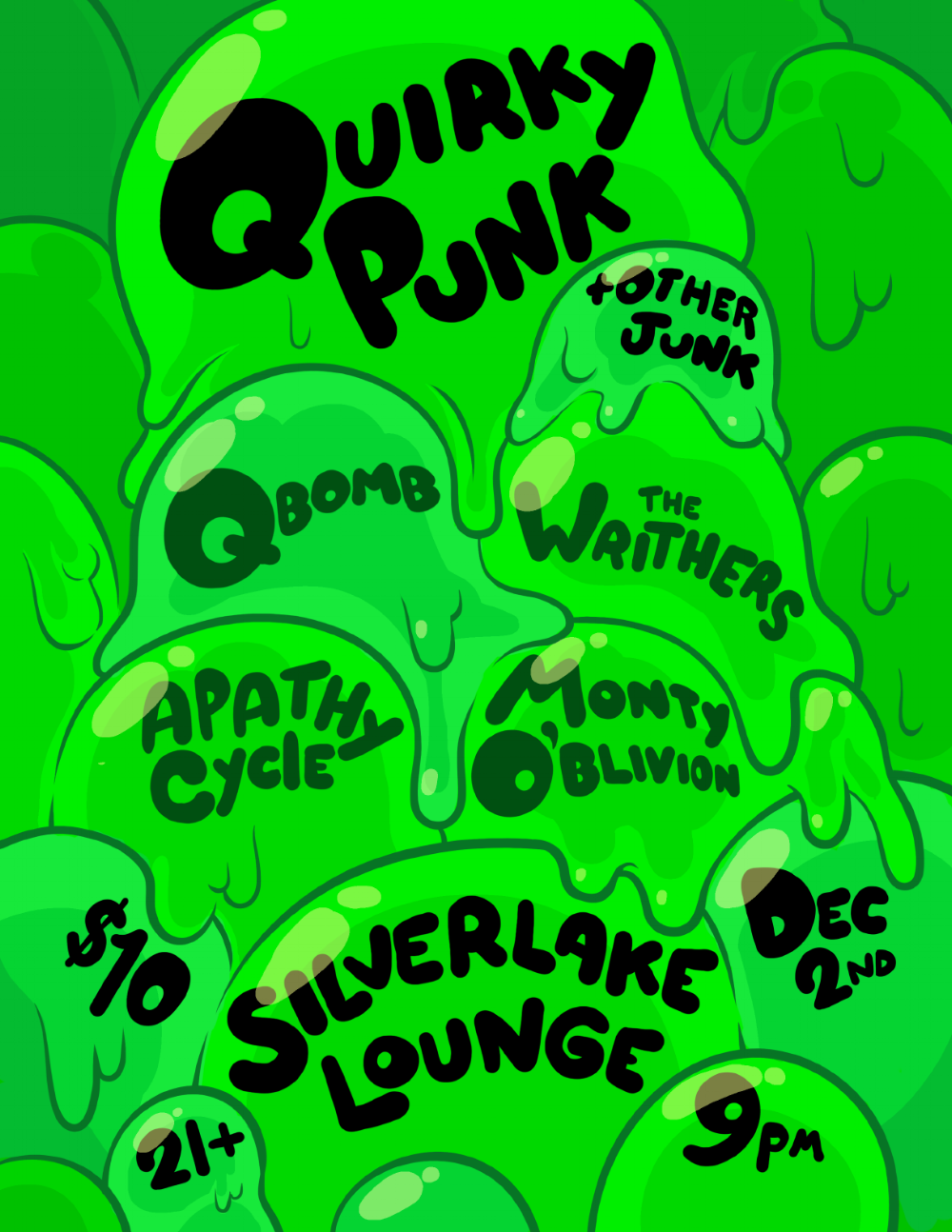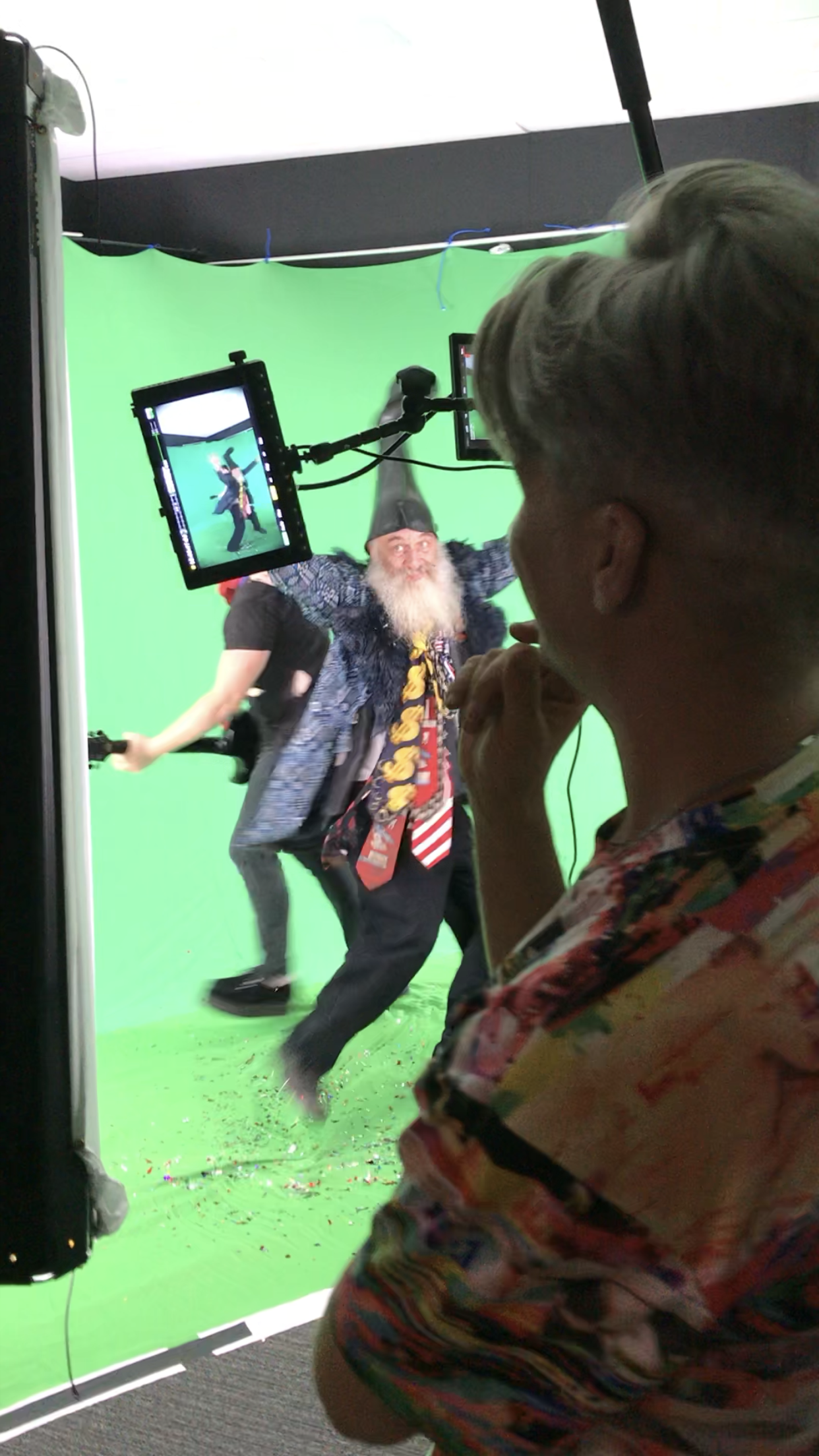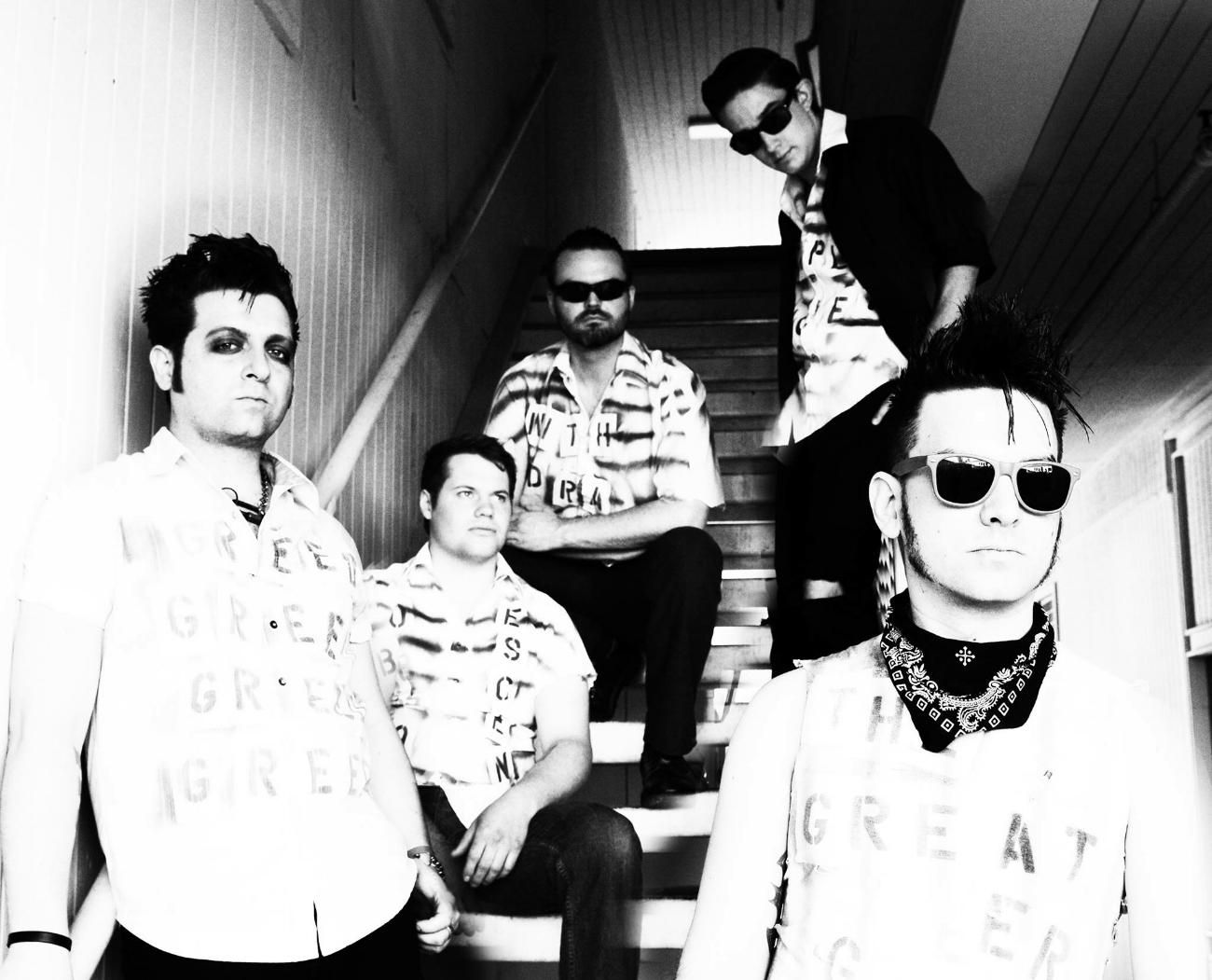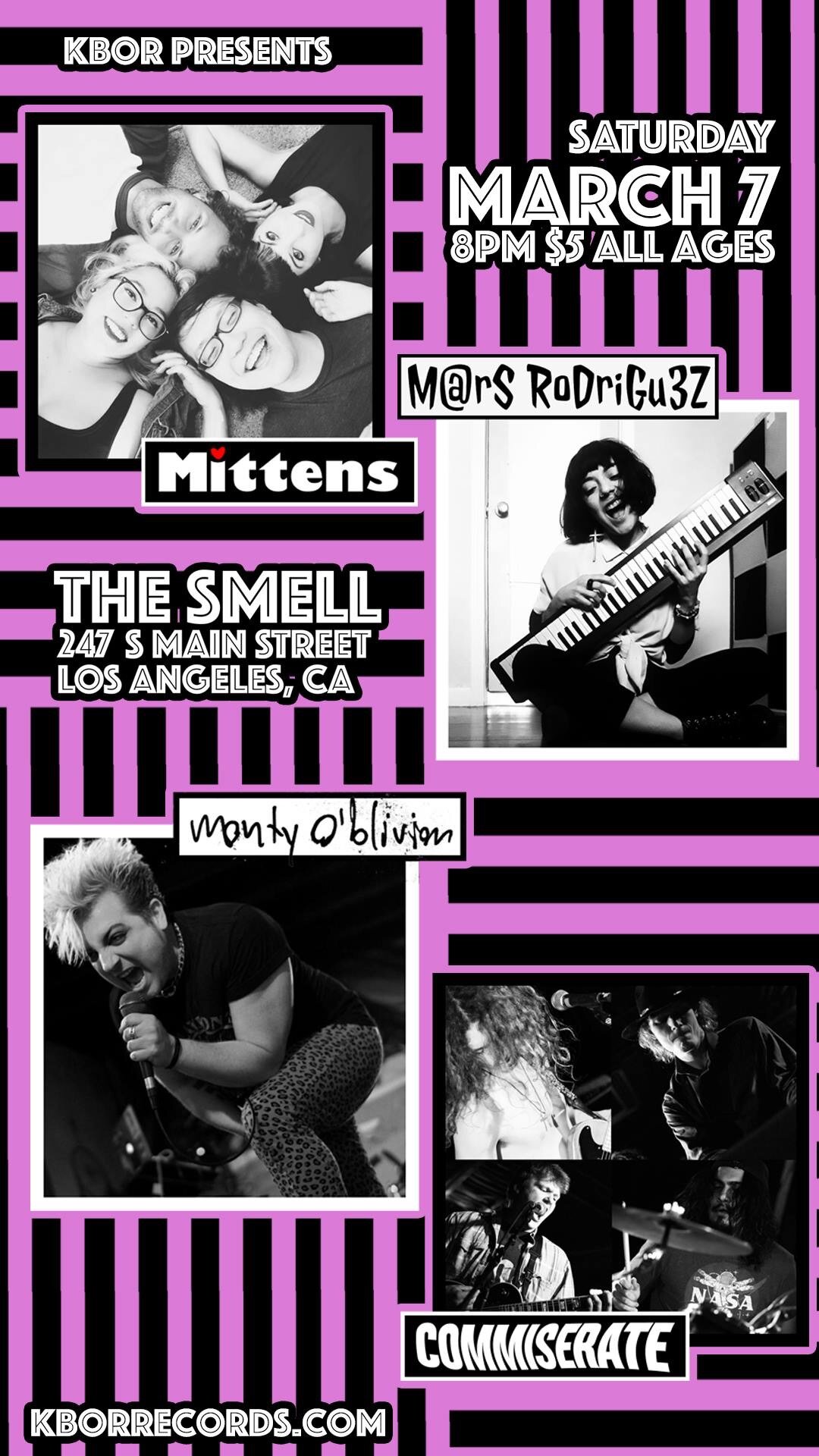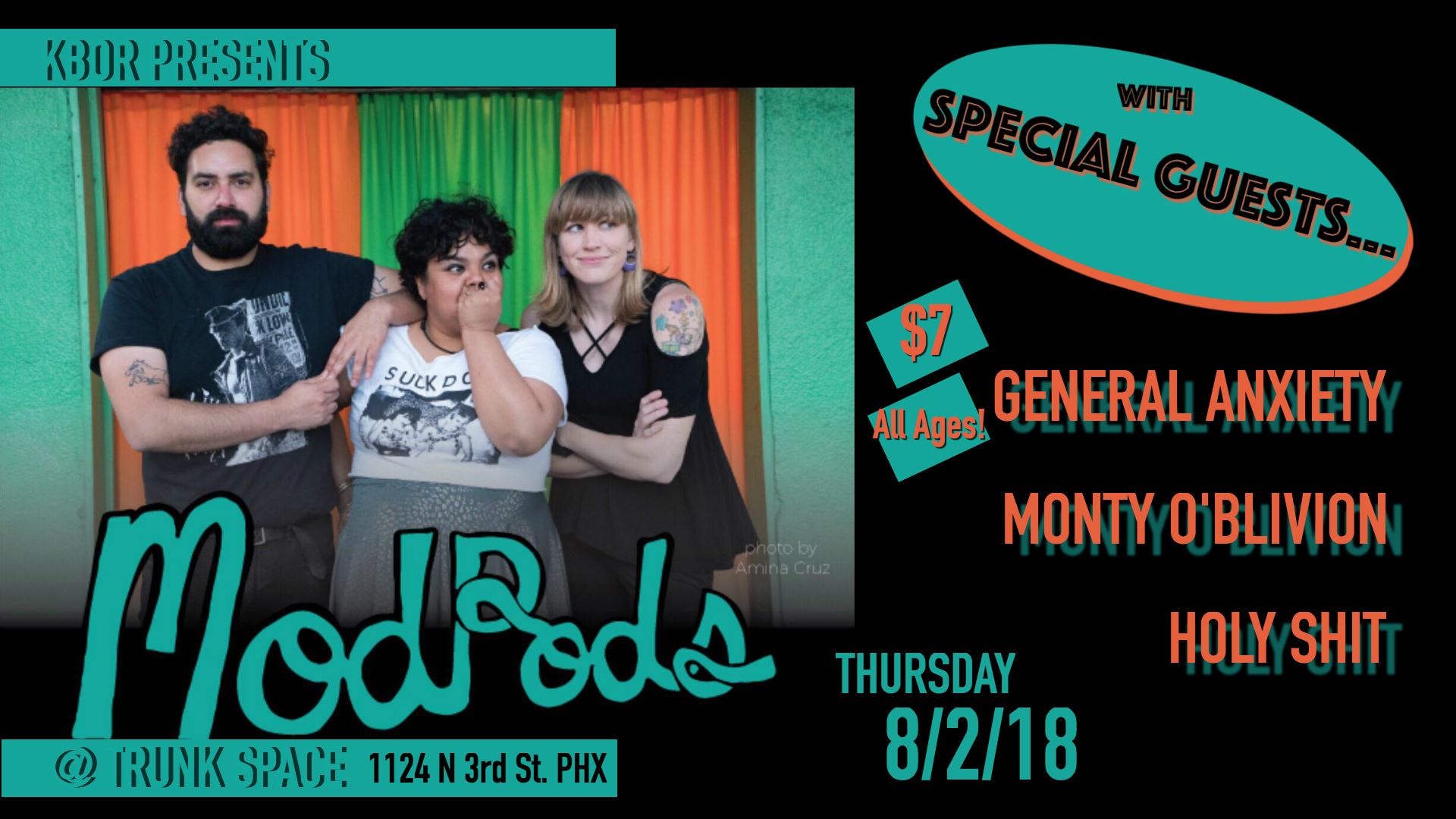
News & Updates
Upcoming shows, studio updates, editorials, see what we're into...
KBOR events
Kbor History
The KBOR sound is ever-evolving, starting with one teenage Nirvana fanatic in the early 2000s, playing in a grungy punk band while learning how to produce electronic music in their bedroom on the side. It is a sound that has undergone many experiments, taking inspiration from a vast spectrum, in collaboration with talents spanning a variety of musical backgrounds. The constant variable is the gloomy, politically-charged, and darkly humorous songwriting of multi-instrumentalist and producer, Monty O’Blivion.
O’Blivion began playing house shows and DIY venues in the Phoenix, AZ area around 2002, with a grunge band known as Vined Eyes. After two years, the band split, and he translated his experimental home recordings into the live arena, playing small shows with a keyboard controller, laptop, guitar and an array of plastic tubes for audience members to play. This project was known as Manual Sex Drive (MSD). He self-released an 18-track lo-fi CD encased in construction paper, named “God, Incorporated”. The height of his early career was opening for local punk and industrial acts, Crowd Violence, Zombeast and a White Zombie tribute at Alice Cooper’s now closed concert venue in 2005.
O’Blivion took a hiatus while pursuing his education in audio engineering and production, and at the age of 19, he moved to North Hollywood, California, working as an intern for various recording studios. He would collaborate in-studio with other artists, but eventually, LA “chewed him up and spit him out,” and he returned to Phoenix. In 2007, he co-founded a wild, snotty punkabilly band called The Video Nasties. A band affectionately given the title of “worst album of 2008” by local rag, the Phoenix New Times.
In 2010, after focusing primarily on The Nasties, the band dissolved, leaving O’Blivion free to reform MSD as a seven-piece, performing songs that he had continued writing during his other endeavors. They released their first LP, “Illumiphobia” in 2012, and performed regularly in Arizona and Southern California. At this time, O’Blivion also joined his bandmates in their primary project, psychobilly band, The Limit Club, as a hired gun to help the band explore new avenues and develop a fresh sound, adding alto saxophone, lead guitars and synths/production to their ranks. He produced their album “This Is Cutthroat Business” and then became a full-time member touring regularly around the U.S. along with a month in Europe, and performing on their “Wild Four” EP.
In 2013, MSD returned to the studio to record their second album, “Music Is Dead”. However, tensions within the band and financial strains had delayed completion of the album by several years. It was finally released in 2016, with a varied lineup, a revitalized post-punk sound, an increasing political edge, and a dynamic range of experimentation. They followed up the release of “Music Is Dead” with a brief but successful west coast tour. And in early 2017, O’Blivion helped organize Rock Against Racism, a scaled-down revival of the historic 1976 benefit show, in cooperation with local activist groups. It was a move that would create lasting ties with the antifascist movement, while unfortunately alienating his bandmates, whom were less than approving of this leftist association.
Shortly after, in 2017, personal, political, and creative tensions seemed to all come to a head at once within the band. Monty O’Blivion, frustrated from competing for the rest of the band’s time, wrote and self-recorded a 6-track EP called “So Much For The Tolerant Left”. When the band was presented with the recording, they staged an “intervention-style” gathering to present O’Blivion with an ultimatum: scrap the record, or the band quits. After he refused to abandon the EP, urging them to have faith in the work, several core members parted ways with O’Blivion, citing a desire to dissociate with his outspoken political views and activist collaborations in pursuit of more lighthearted ventures. He subsequently left The Limit Club, and spent the remainder of the year performing with long time friend/original MSD trombone player, Jhef Zurx. The duo collaborated live with several Phoenix-area electronic and punk artists, such as J. of Recycling Lost Cities and Kameron Fein of Careless and the Coyotes.
2018 marked the re-emergence of Monty O’Blivion as a solo act, and for the first time in his career, he left behind the MSD moniker and began performing under his own name. The newly evolved sound would encompass a plethora of styles including synth-punk, new wave, and pop music. At the same time, O’Blivion also formed KBOR Records (named after the fictitious radio station from his satirical podcast “The Hour Of Glower”), and released the divisive final MSD recording, “So Much For The Tolerant Left” under this new label. He volunteered at small DIY venues in Phoenix, booking shows and often assuming the role of live sound engineer as well. He quickly became a strong resource for other DIY touring bands traveling through Phoenix, while recording and remixing songs by other artists. His first release as a solo artist was a single version of the song “Western World” taken from the “So Much For The Tolerant Left” EP, which was released digitally in conjunction with a music video that would go on to receive laurels in various film festivals. The video, from director Darwin Serink, features breathtaking animated landscapes and hand-animated glitch effects. Not to mention, the famous underground performance artist and long-running presidential candidate, Vermin Supreme, parading against a background of thermal video war footage, while reciting a monologue he wrote in contribution to the song.
Later that year, Monty moved back to Los Angeles, where he continues booking KBOR shows, composing music and performing. His debut solo album “Autonomously Yours” was released followed by several other full-length albums all through KBOR.
Bedroom rocker
The VideoNasties circa 2008
Monty O’Blivion performing with Limit Club circa 2015
Music Is Dead era - MSD circa 2016
Monty & Jhef Zurx - Final show as “Manual Sex Drive” 2017
Monty goes to LA - Solo work, 2018
GLITTERBOMB - Monty & Vermin, Western World video, 2018

